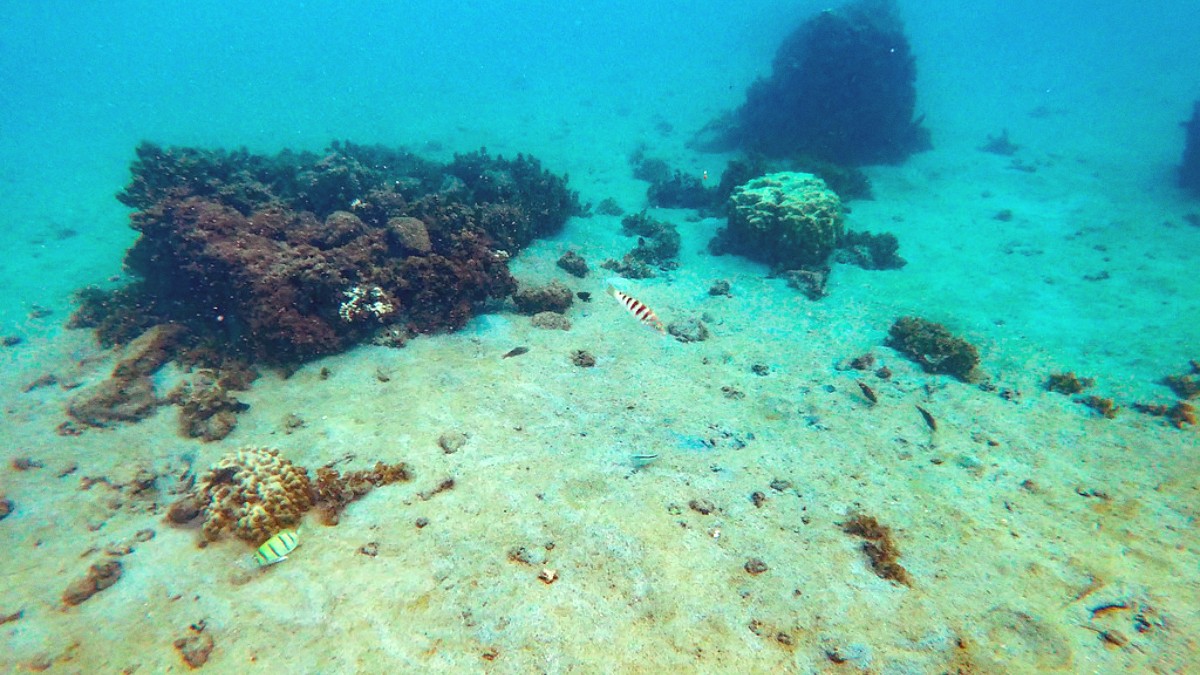
Tahiti And French Polynesia
Protect your health with appropriate vaccinations. Consult your doctor well before your trip. A yellow fever vaccination certificate is necessary only if you arrive from a country with a yellow fever transmission risk. Check current World Health Organization guidelines for affected regions.
A doctor or travel clinic consultation at least 4-6 weeks before travel provides personalized recommendations. Common recommendations may involve Hepatitis A and Typhoid. Verify your routine vaccinations are up-to-date.
Protect yourself from food and water-borne illnesses.
Tap water is generally not potable on most Tuamotu atolls. Drink Bottled water exclusively. Alternatively, use a Portable water filter or Purification tablets.
Extremely limited in the Tuamotu Islands.
Small medical center (dispensary) with a doctor and nurse for basic care.
Require evacuation to Tahiti (Papeete). The main hospital is in Papeete. This highlights comprehensive Travel insurance.
Very low crime rates.
Petty theft. Keep valuables secure. Use hotel safes. No specific "neighborhoods" with higher crime rates on small atolls.
Cyclones (November-April). Monitor forecasts. Tsunamis (rare, but in seismically active region). Move to higher ground if an earthquake happens near the coast.
Know these numbers.
Dial 15
Dial 17
Dial 18
Dial 16
Comprehensive Travel insurance acquisition is necessary for a trip to the remote Tuamotu Islands. Limited local medical facilities give this particular importance. Medical evacuation to Tahiti or beyond registers as extremely expensive without coverage.
Your policy should cover emergency medical treatment and hospitalization. Emergency medical evacuation is especially useful. Trip cancellation, interruption, and delay coverage offer protection for unforeseen events. Lost or stolen baggage and personal items warrant consideration. Diving activities, if planned, should merit specific coverage, including hyperbaric chamber treatments if needed. Organizations like DAN (Divers Alert Network) put forth specialized dive insurance.
A strong choice for adventurous travelers. Visit World Nomads
Insurance built for digital nomads and remote teams. Visit SafetyWing
Offers medical and travel-related coverage. Visit Insubuy
Specialized coverage for diving incidents.
Helps with flight compensation. Visit AirHelp
Plan your budget for the Tuamotu Islands with a realistic understanding of expenses. This destination offers beauty but can be costly due to its remote location and reliance on imported goods.
The local currency in French Polynesia is the Pacific Franc (XPF or CFP Franc). It has a fixed exchange rate with the Euro: 1 Euro equals 119.33 XPF. This fixed rate maintains stability.
Prices register as estimates. They vary significantly based on your specific choices, season, and booking timing. The Tuamotus generally surpass Tahiti in expense due to transport and supply logistics.
Tipping is not customary or expected. Service charges are usually part of prices. You do not need to add an extra percentage.